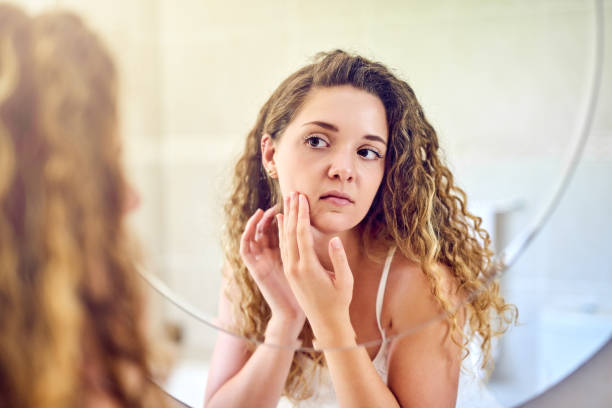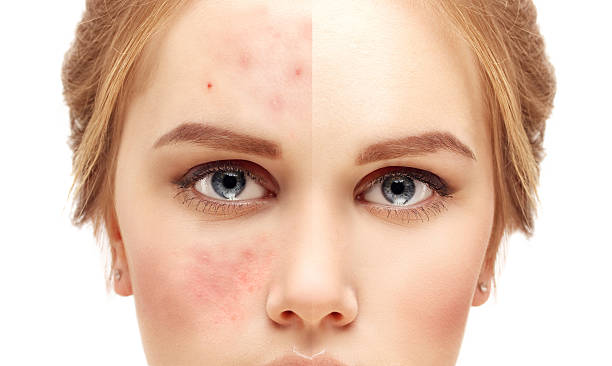Can Lack of Sleep Cause Acne?
If you have ever experienced pimples, you know how unpleasant they can be. The best way to get rid of acne is to get a good night’s sleep. Getting proper sleep each night is essential to your skin’s health. Aside from preventing acne from forming, lack of sleep speeds up your skin’s aging process. When you don’t get enough sleep, your body absorbs fewer nutrients, and your cells will stop growing. It will lead to wrinkles and stretch marks on your skin.
Lack of sleep reduces melatonin production
Studies show that acne is more likely to appear in people who don’t get enough sleep. However, this isn’t a complete explanation. Lack of sleep is often the root cause of poor acne. It can also lead to jet lag and all-nighters, aggravating the problem. Additionally, a lack of sleep reduces the production of melatonin, a natural antioxidant in the skin that scavenges the damage of skin cells.
Lack of sleep can also cause pimples
Sleep deprivation is one of the biggest causes of acne. It can trigger hormonal mechanisms that can worsen acne. For instance, if you don’t get enough sleep, your body may produce less melatonin, an antioxidant that scavenges damaged skin cells. But even when this isn’t the main culprit, lack of sleep can increase the chances of developing pimples.
Stress is also another factor that causes acne
The problem of acne is often exacerbated by stress. Stress causes the production of cortisol, a hormone that affects our moods. A good night’s sleep can reduce cortisol levels, which will lead to the development of pimples. A lack of sleep also elevates the production of sebum, a natural antioxidant that fights off free radicals in our skin. When this is combined with other factors, lack of sleep is a serious contributing factor to acne.
Not only does lack of sleep cause acne, but it can cause stress in the body. A lack of sleep increases cortisol levels, leading to inflammation and increased sebum production. These two factors can lead to breakouts and clogged pores. When combining the two, the effects of lack of sleep are significant. Although sleep is an essential part of our daily routine, it can also make it challenging to stay healthy.

Shot of a young woman squeezing a pimple on her face in the bathroom at home
Lack of sleep can make your acne worse
Not only does lack of sleep increase cortisol levels, but it can also elevate the sebaceous glands and cause excess oil to be produced. It causes acne breakouts. The same can happen when you do not get enough rest. In addition to stress, it can affect your sleep quality and negatively impact your appearance. It is possible that your body is not getting enough sleep.
Lack of sleep can also cause acne. The reason is simple. It affects your immune system. As a result, lack of sleep can increase your risk of acne. Because acne is caused by stress, the body tends to produce cortisol during sleep. This hormone can affect your body’s immune system and cause your skin to break out. Thus, a lack of sleep can directly or indirectly cause acne.
When you don’t get enough sleep, you have less energy, making your acne worse. In addition to being unrested, lack of sleep causes stress hormones to surge in your body. These hormones, in turn, can lead to more sebum production. Ultimately, this can lead to acne. Aside from being unrested, the lack of sleep can also cause dark circles and puffy eyes.
Lack of sleep has many other adverse effects, including acne. When you are stressed, you are more likely to break out. In addition to being inflamed, your skin will also produce excess sebum. It will result in a clogged pore. It will also make acne worse. It’s essential to get enough sleep at night. It can even make your stress level worse by affecting your ability to sleep.

